The Golden Age of Disney has returned, at least that is what the entertainment conglomerate would like us all to believe, and, frankly, they may be right. The new trailer for the live action remake of Beauty and the Beast dropped this week and already has over 4 million views. The vision Disney has for these remakes exceeds jaw-dropping. Already, they have released Alice in Wonderland (2010), Maleficent (2014), Cinderella (2015), and Jungle Book (2016). In the works: Mulan, The Little Mermaid, Snow White and the Seven Dwarves, The Lion King, Cruella De Vil, Aladdin, and many more. What does this all mean? Well, very possibly that we are witnessing the rise of the most dominant and successful production company ever.
First, a history lesson. Only five years ago, Disney had a relatively small 12% of the box office marketshare. That means of all the money made by Hollywood production companies, Disney was taking in 12%. That may not sound bad, especially consider that amounts to over $1.2 billion. But, consider the fact that last year, Disney raked in over $2.4 billion and just under 25% of the market, and, yet more impressively, they have already matched their revenues from last year, and they still have a Star Wars movie to debut in December. In the past five years alone, their stock price has more than doubled.
I had a friend recently ask me why Disney is doing so well, and I answered: they just tell better stories than everyone else. I maybe should have thought about the question before I answered it, because I believe the truth is not that they tell better stories, but that they tell stories better, and that’s an important distinction. Disney has become very good at making movies people want to see. Evidence for this surrounds us: Pixar, Marvel, and now Star Wars. Critics will be hard pressed to find truly terrible offerings from the House of Mouse. Yet, other other companies have had similar opportunities. Other studies have rights to superhero films, and animated franchises, so what puts Disney ahead? I believe the most immediate answer is leadership.
Disney Studios had some mix ups in leadership about a decade ago and since then, have risen to box office dominance. It all begins with, surprisingly enough, Harry Potter. You see, Alan Horn, Chairman of Disney Studios gained much of his experience working as COO of Warner Bros, during which time they had success stories like the Dark Knight Trilogy and the Harry Potter saga. When Warner Bros finally moved in a different direction, without Horn, Disney approached him with the opportunity to head worldwide operations of the studio. His vision and experience leading production on big blockbusters and franchises has only given Disney one huge leg up on the competition.
Another significant player in the studio’s success is Alan Bergman, who currently holds the title of President. During the late 90s and 2000s Bergman was responsible for the annual operation plan and budget for Disney Studios, which led to incredible success as they cut bloated budgets while making films that would gross hundreds of millions at the box office.
Finally, Sean Bailey, who was appointed president of production at Disney Studios in 2010. It was with Bailey that the live action remakes of the disney classics began taking shape. With help from the Alans mentioned above. Bailey created a strategic production plan that would span two decades and further cement Disney as the monopolizer of fairy-tale fiction in theaters.
The point of all of this is to highlight one very simple thing that Disney has done better than any other production studio: Plan. They have planned to make what they are very certain will be films people want to see years, sometimes decades, in advance. This strategy has been cross applied from live action productions of Disney classics, to Marvel movies, to the Star Wars saga. Disney has become the king of franchising. It’s the same thing that Warner Bros attempted and failed to do since Horn left. Disney does not necessary have better stories to tell, they just know how to tell them, mostly because they plan. That’s the secret to the Mouse’s success, and as long as the current trends continue, look to see Disney taking an increasingly large piece of the box office pie over the next decade.

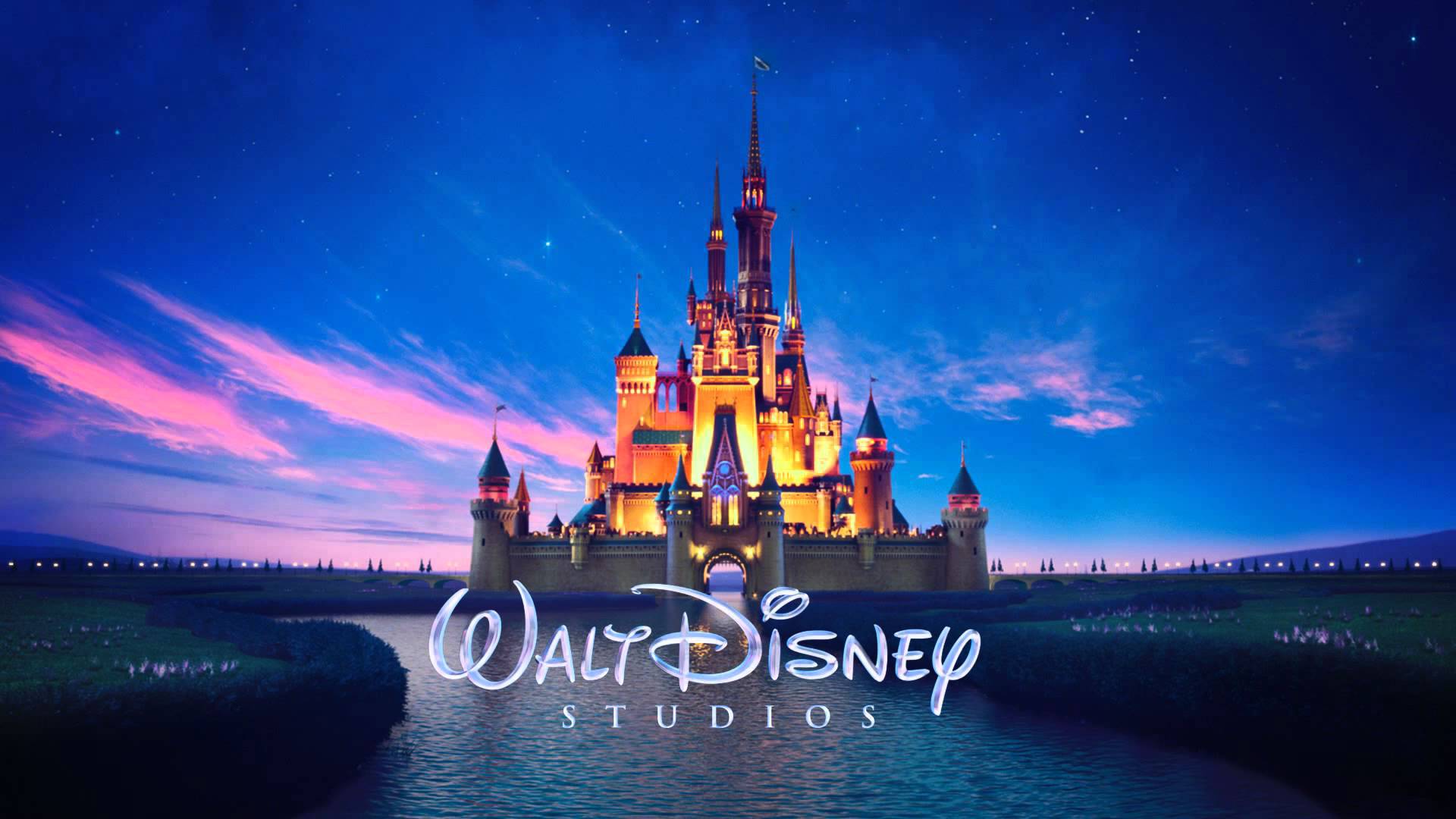
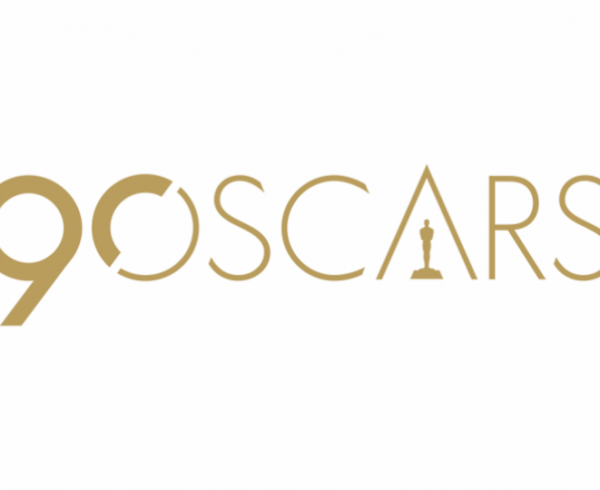
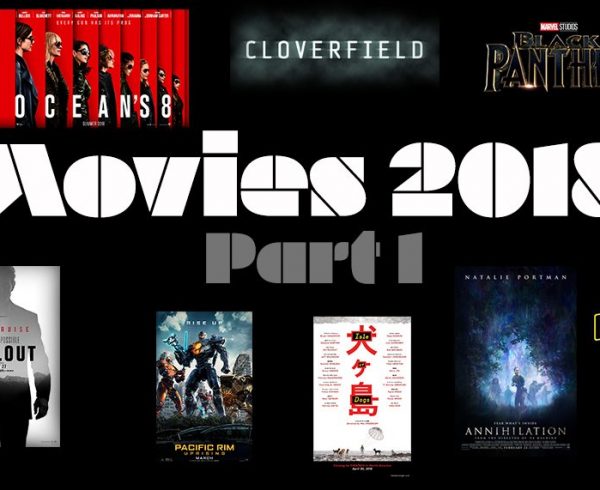
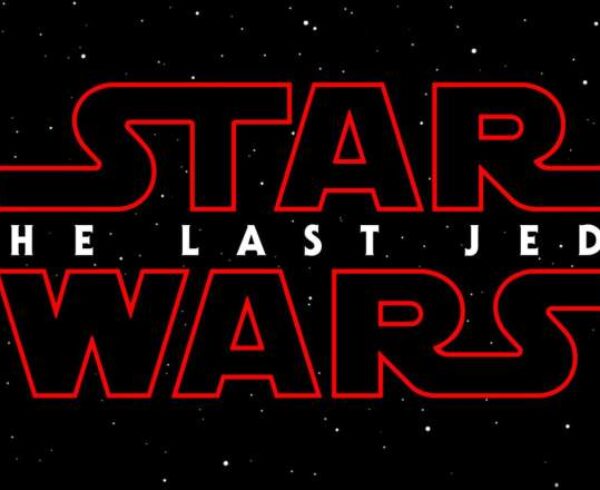

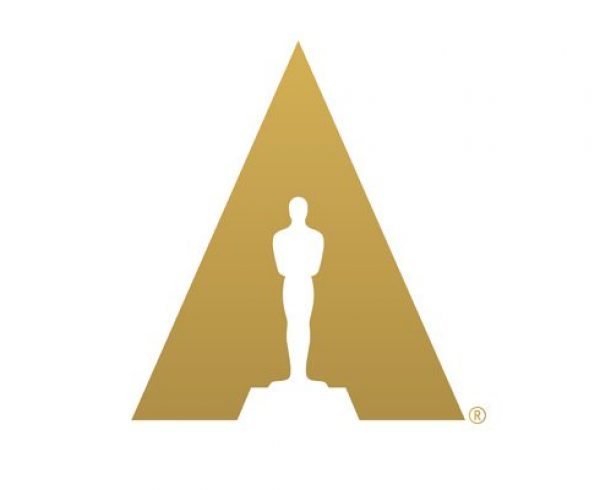






Very educational and some great insights here. Great write-up, Matt!